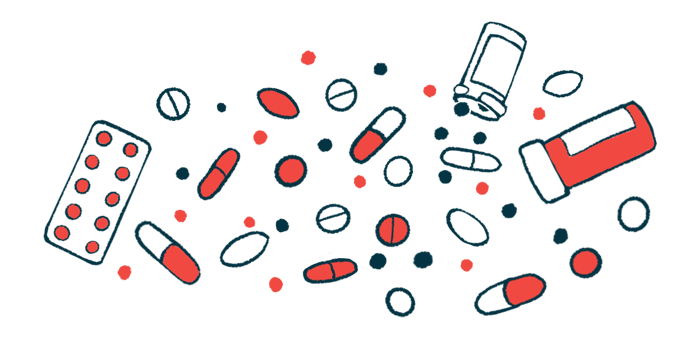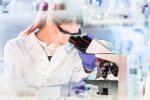Trial Will Test Rigosertib for Skin Cancer in RDEB

An open-label, Phase 1/2 clinical trial will evaluate the safety and efficacy of rigosertib in treating recessive dystrophic epidermolysis bullosa (RDEB) in people with an aggressive skin cancer called cutaneous squamous cell carcinoma (SCC).
RDEB is known to bring a higher risk of developing SCC, which can be life-threatening.
The study is sponsored by the department of dermatology and cutaneous biology at Thomas Jefferson University, Philadelphia, Pennsylvania, and supported by DEBRA International, a global epidermolysis bullosa patient advocacy organization.
According to DEBRA, the trial (NCT04177498) intends to recruit about six individuals ages 18 to 79, diagnosed with locally advanced or metastatic cutaneous SCC that has failed to respond to standard SCC therapy and cannot be surgically removed.
Recruitment is currently open at the Sidney Kimmel Cancer Center at Thomas Jefferson University.
Upon screening, eligible applicants must have measurable disease and must not be receiving any other cancer therapy.
Once enrolled, participants will receive either oral or intravenous (IV) rigosertib — both formulations developed by Onconova Therapeutics — over the course of one year. They will have weekly visits for the first five weeks, followed by visits every four weeks for the rest of the study period.
Oral rigosertib will be administered daily for three weeks, followed by one week off. Patients will receive IV rigosertib as a 72-hour continuous infusion over the first three days of a two-week cycle for eight cycles, followed by the first three days of a four-week cycle.
Rigosertib suppresses several of the cellular signaling pathways that drive cancer growth by blocking an enzyme called polo-like kinase 1 (PLK1). PLK1 plays a role in cell division and often rises to elevated levels in the skin cells of people with RDEB.
The trial’s main goal is to assess the proportion of patients who achieve either a complete anti-tumor response, in which all signs of cancer vanish, or a partial response, meaning that the tumor shrinks in size.
Secondary goals are to assess the treatment’s effect on quality of life and to analyze certain biomarkers in patient tissue samples.
A preclinical study conducted in 2019 showed that rigosertib effectively suppressed tumor growth and selectively killed cancer cells in a mouse model of RDEB and in patient-derived cells.
DEBRA International also is supporting a second trial testing rigosertib’s effectiveness in treating RDEB in patients with SCC. This trial (NCT03786237), sponsored by Onconova, is recruiting participants in Salzburg, Austria.







